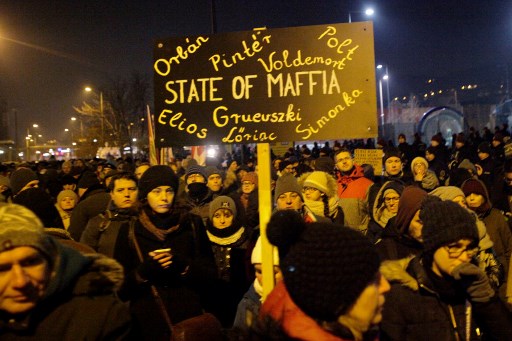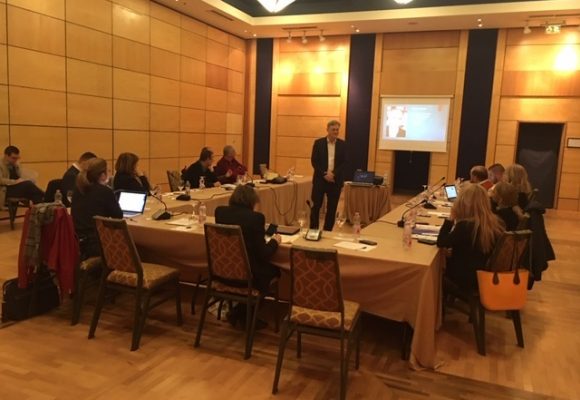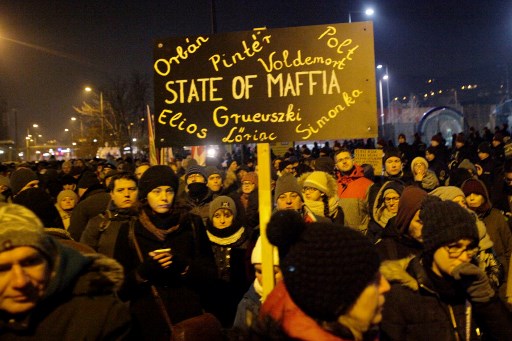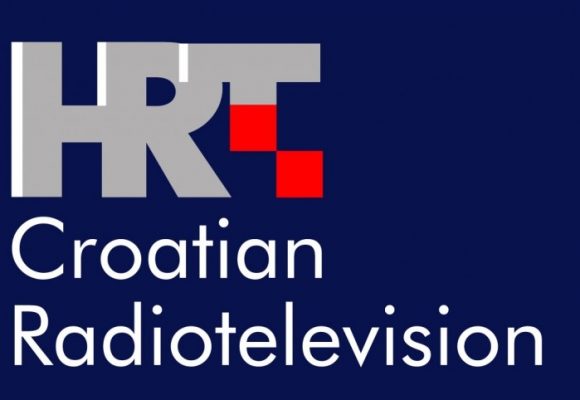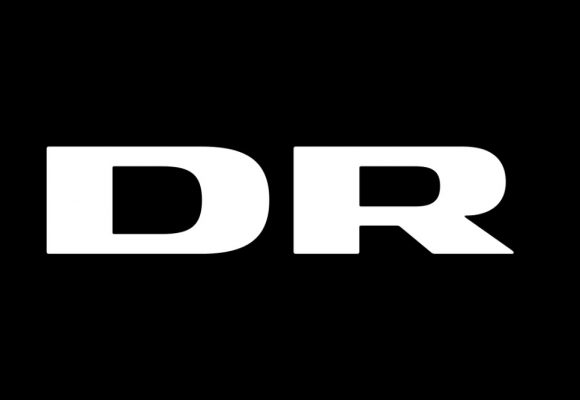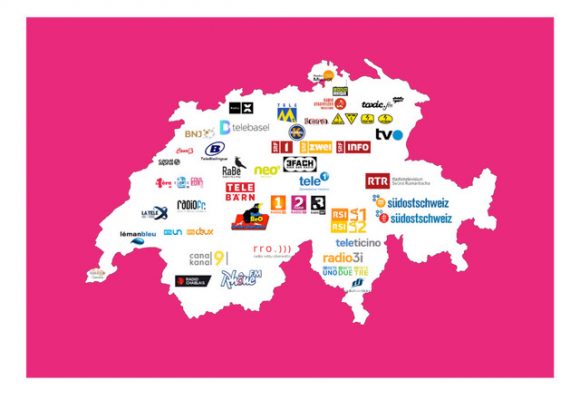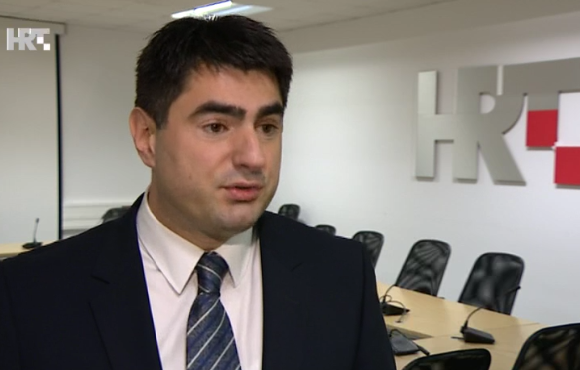#public service media
Hungary: almost 78% of the media are pro-government
The European Federation of Journalists has expressed concerns over the state of media freedom and independence in Hungary following the…
Public service media in focus in Bucharest
Around 40 journalists and journalists’ representatives from 24 European countries attended the workshop on “Modernising public service media (PSM) through…
Public service media in the Western Balkans – Ensuring complaint mechanisms and audience engagement
The regional workshop on developing complaint mechanisms and/or improving existing ones for Public Service Media in Western Balkans has started…
Hungary: demonstrators demand independence of public service media
The Hungarian public media MTVA became on Monday 17 December the focal point of the protest movement that started last…
President of the Croatia Journalists’ Association threatened with dismissal
UPDATE 01.10.2018: The Croatian Journalists’ Association (CJA) published an open letter entitled “CJA’s appeal for freedom of journalism” calling for…
Danish government to cut 20% funding for public service media
The European Federation of Journalists (EFJ), representing 320.000 journalists across Europe, is shocked to learn that the Danish government intends to…
European media organisations express support to Swiss public service and local TV and radio stations
On March 4th, Swiss citizens will decide through a national vote whether to abolish the media reception fee, previously collected…
Spanish government threatens to take over public media in Catalonia
The media segment of the trade union FSC-CCOO and the journalists’ trade union of Catalonia (SPC-FeSP) strongly condemn the threat of…
Public service media in Bosnia and Herzegovina closer to sustainable funding
Public service media in Bosnia and Herzegovina (BiH) has signed an agreement with the electric company Elektroprivreda – JP EP…
Which are the challenges and solutions for public service media?
Politicians with an agenda, managements on tight budgets and industry competitors under existential threats to malicious disseminators of falsehoods –…
Call on BiH authorities to save national public service media
The Bosnia and Herzegovina public service broadcaster (BHRT), the EFJ affiliate, the Bosnia -Herzegovina Journalists Association (BHN), the European Broadcasting…
Croatia: EFJ alarmed by extended term for acting general manager of public service media HRT
The Croatian technical Government decided to extend the term to Siniša Kovačić as acting HRT general manager from 6 months…

